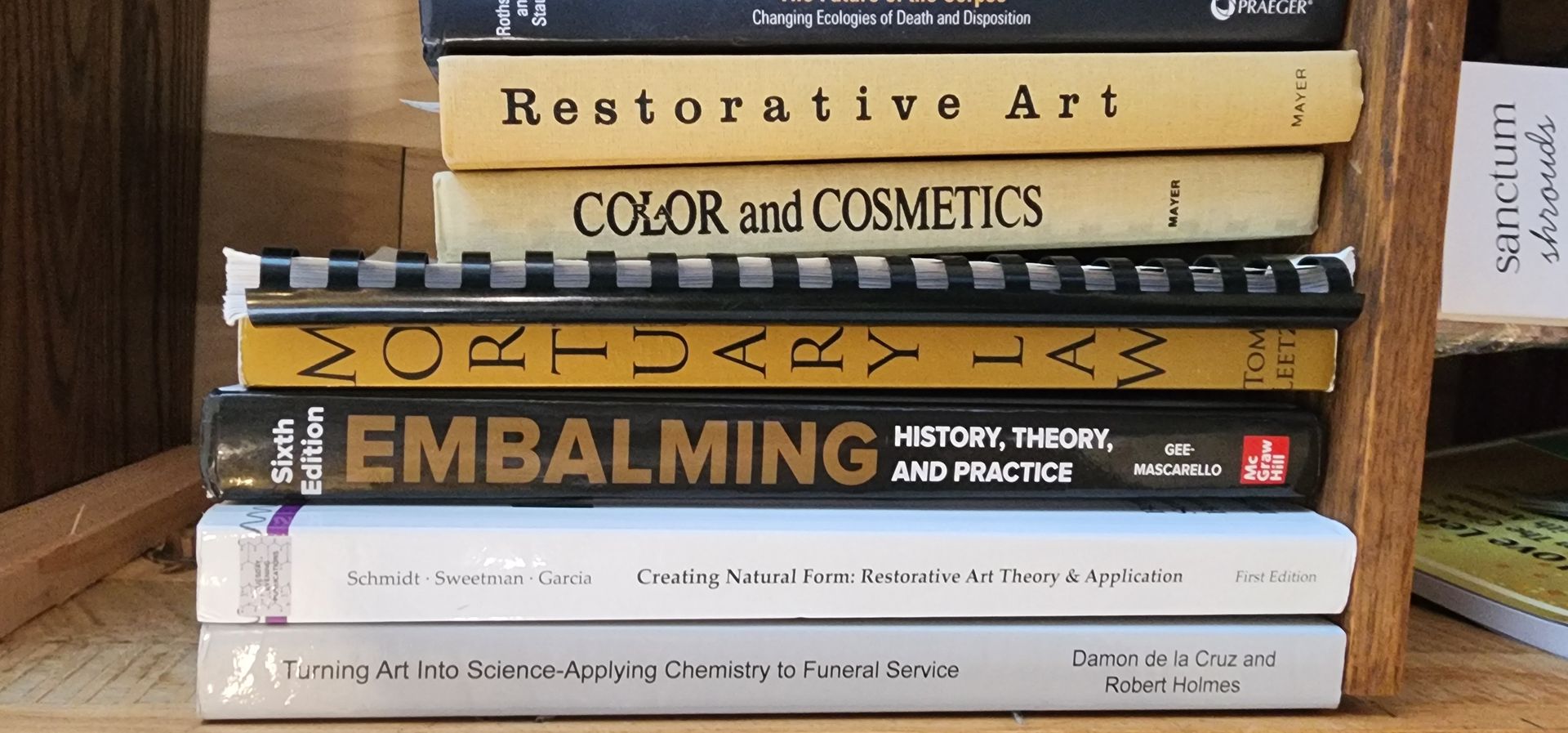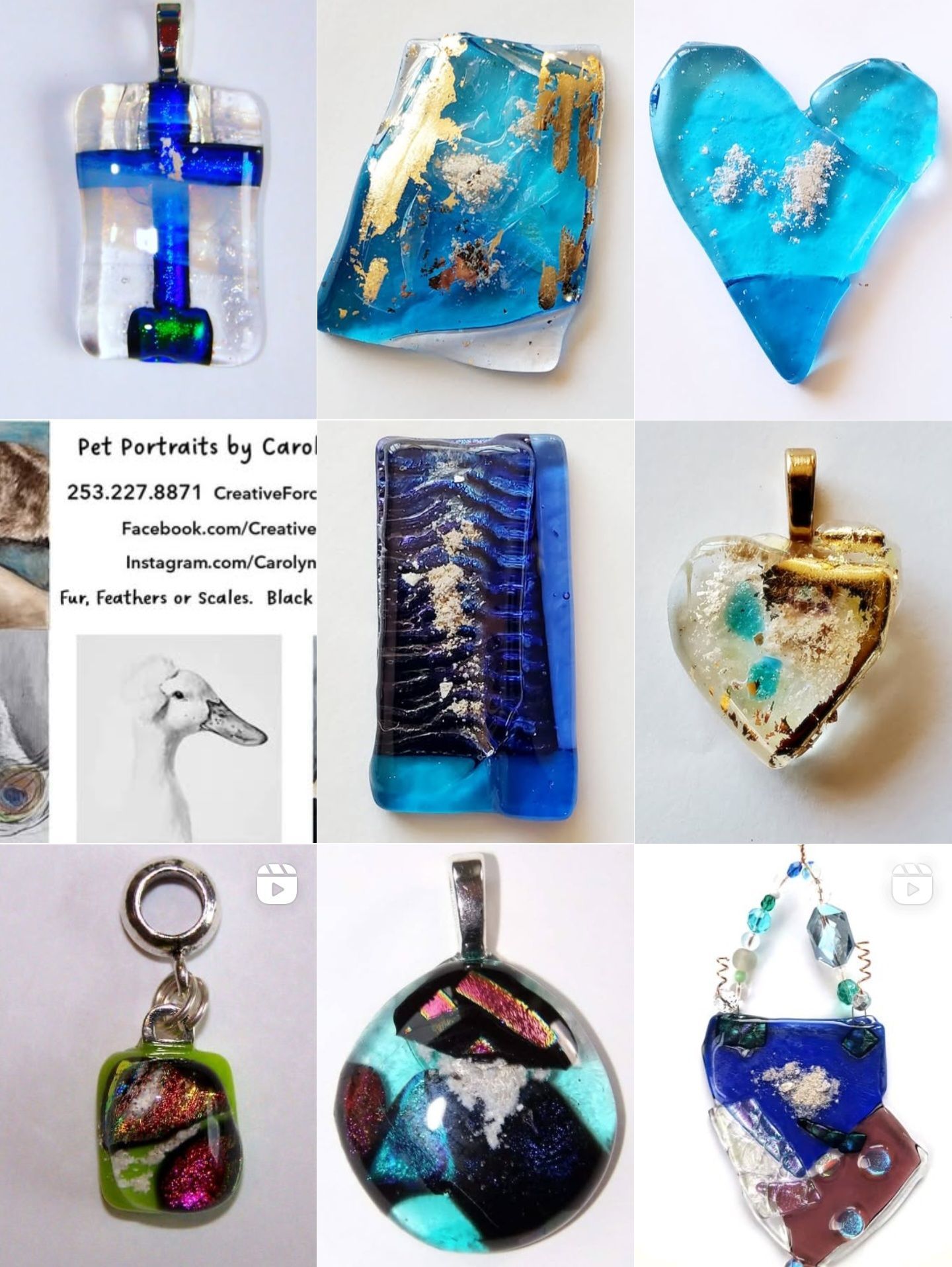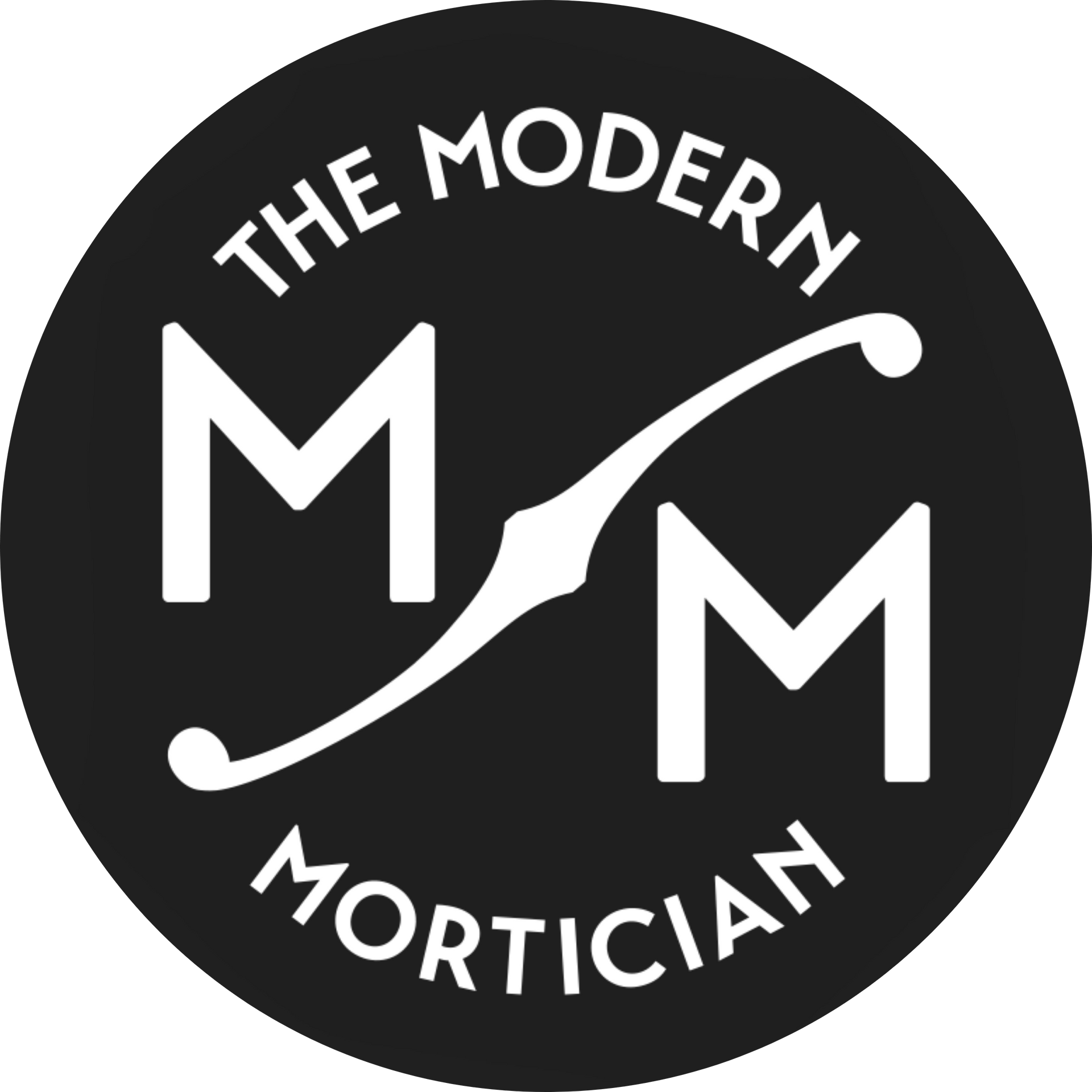Could Human Composting be a Contaminate?

Concerns Surrounding Human Composting
Human composting, also known as natural organic reduction (NOR), is a method of transforming human remains into nutrient-rich soil through a controlled process. While it is often promoted as a sustainable alternative to conventional burial and cremation, this practice has raised significant environmental, ethical, and regulatory concerns. The issues encompass chemical contamination risks, regulatory inadequacies, and public misconceptions. This essay explores these concerns comprehensively, focusing on chemical risks, regulatory gaps, public perception, and technological advancements.
Environmental Concerns: Chemical Contamination and Soil Safety
A significant concern with human composting is the risk of environmental contamination. Human bodies frequently contain harmful chemicals such as per- and polyfluoroalkyl substances (PFAS), medications, and heavy metals. PFAS, often called "forever chemicals," are pervasive in modern life and accumulate in human tissues over time. These substances resist degradation and, if present in composted human remains, could leach into the soil, contaminating groundwater or being absorbed by plants. Medications such as chemotherapy drugs, antibiotics, and antidepressants, along with heavy metals from dental work or medical devices, exacerbate these risks. Current practices in human composting lack stringent protocols for testing and mitigating such contaminants, raising questions about the environmental safety of the resulting compost.
Biosolids: Definition and Relevance to Human Composting
Biosolids are defined as organic matter recycled from sewage, used as soil amendments in agriculture. The similarity between biosolids and human compost lies in their potential to improve soil quality while presenting contamination risks if not properly managed. Human composting produces material functionally equivalent to biosolids, given the inclusion of human-derived organic matter and the possible presence of persistent chemicals. This classification underscores the necessity for rigorous testing and regulation to ensure safe application in agricultural or environmental settings.
Regulatory Oversight: Gaps and Misalignments
Human composting is primarily regulated by funeral licensing boards, which focus on operational aspects of the process but lack expertise in environmental impact assessment. This misalignment has created gaps in oversight, particularly concerning soil safety and the long-term effects of compost application. Agencies such as the Environmental Protection Agency (EPA) and agricultural departments are better suited to establish standards for human composting. These agencies could address contamination thresholds for PFAS, pharmaceuticals, and heavy metals, bringing the regulatory framework in line with standards for biosolids and agricultural compost.
Technological Innovations: STAs and MMDS
Specialized Transformation Agents (STAs) and Managed Microbial Decomposition Systems (MMDS) represent advancements in the field of human composting. STAs are additives or microbial inoculants designed to accelerate decomposition and neutralize harmful substances. MMDS are structured systems that control environmental factors such as temperature, humidity, and microbial activity, ensuring consistent and safe decomposition. Together, these technologies offer solutions to contamination and variability challenges, potentially setting new benchmarks for safety and efficiency in human composting practices.
Ethical and Public Perception Issues
The promotion of human composting as an eco-friendly alternative has garnered public interest, but it also raises ethical and practical concerns. Public apprehensions often stem from the idea of using human-derived compost in agricultural contexts, especially for food crops. Ethical considerations also revolve around transparency and informed consent. Providers must ensure that consumers understand potential risks and the measures taken to mitigate them, fostering trust and acceptance.
Recommendations for Improved Practices and Policies
To address these challenges, several steps are recommended:
Enhanced Regulatory Oversight: Shift oversight from funeral boards to environmental and agricultural agencies with expertise in contamination and soil health.
Comprehensive Testing Protocols: Establish mandatory testing for contaminants such as PFAS, heavy metals, and pharmaceuticals in composted human remains.
Integration of Advanced Technologies: Adopt STAs and MMDS to improve safety and efficiency, setting a higher standard for the human composting industry.
Transparency in Marketing and Practices: Educate the public on risks and benefits, emphasizing the safety measures implemented to protect environmental and human health.
Alignment with Biosolid Standards: Apply existing standards for biosolids to human composting, ensuring consistency and addressing contamination concerns.
Continuous Research and Development: Support ongoing studies to enhance understanding of the environmental impacts and refine decomposition technologies.
Conclusion: Human composting presents a promising alternative to traditional burial and cremation, aligning with modern sustainability goals. However, the practice must evolve to address its environmental, regulatory, and ethical challenges. By aligning with biosolid standards, adopting advanced technologies, and fostering transparency, human composting can become a safe and widely accepted option for end-of-life care, contributing to both ecological health and public trust.
New Paragraph












